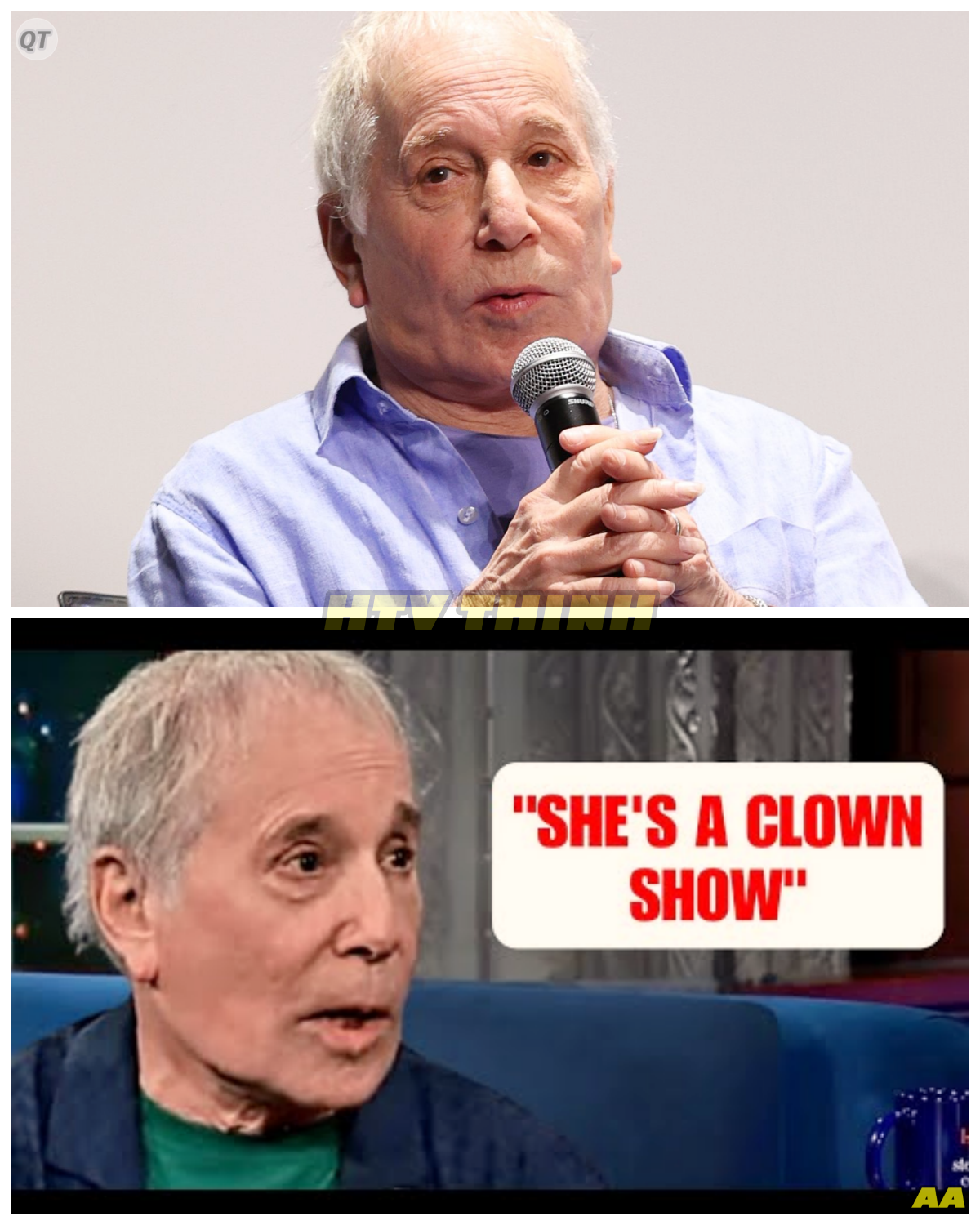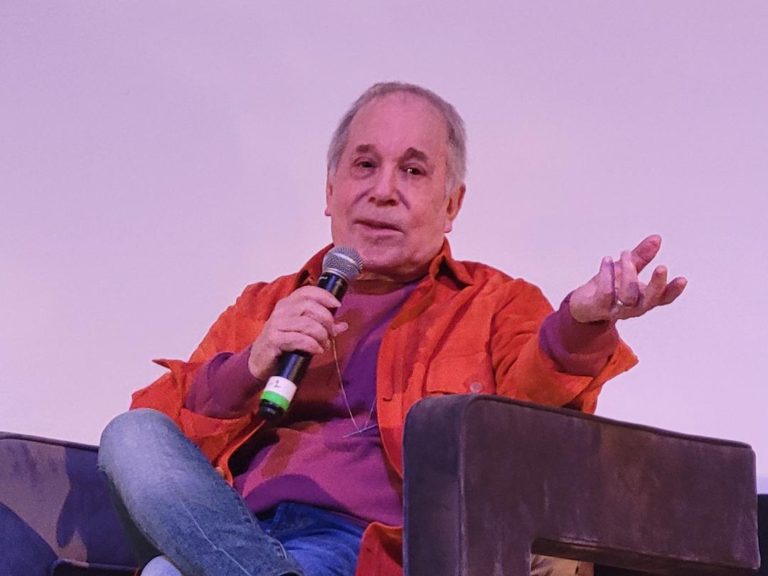Paul Simon Finally Names the 5 Musicians He Couldn’t Stand—And One Is a Shocking 60s Legend Fans Still Worship After decades of diplomacy, Paul Simon breaks his silence and exposes the artists he secretly despised—and one of them shared the stage with him more than once
Posted by
–
The Shocking Confessions of Paul Simon: The Five Musicians He Claims to Hate Most

In the world of music, legends are often admired for their talent, creativity, and the magic they bring to the stage.
But beneath the surface of harmony and applause, rivalries, grudges, and harsh judgments sometimes simmer quietly.
Few revelations are as surprising as when a celebrated artist openly names the musicians he hates the most.
Paul Simon, one of the most respected singer-songwriters of our time, recently shocked fans by revealing the five musicians he harbors the strongest negative feelings toward.
This confession peeled back the curtain on the complex and sometimes contentious relationships among some of the greatest names in music history.
It is a story of talent clashing with ego, collaboration strained by personality, and the fragile nature of fame and respect.
Paul Simon is known for his poetic lyrics, innovative compositions, and a career spanning decades.
His work with Art Garfunkel and his solo projects have earned him critical acclaim and a devoted fanbase.

Yet, despite his success, Paul Simon has not shied away from expressing his disdain for certain peers.
The list he shared is not just a casual gripe; it reveals deep-seated frustrations and disappointments.
Among the musicians he named, some are legends themselves, which makes the revelation even more striking.
One of the most talked-about names on the list is Bob Dylan.
Their relationship has long been complicated, marked by mutual respect but also rivalry.
Paul Simon once described Dylan as “too clever,” implying a certain pretentiousness that grated on him.
Their creative styles differ greatly—Dylan’s raw, poetic approach contrasts with Simon’s meticulous musical craftsmanship.
This difference may have fueled tensions that spilled into personal dislike.
Another surprising figure is John Lennon.
Despite both being giants of the 60s and 70s music scene, their personalities clashed.
Paul Simon reportedly tried to boss Lennon around in a New York studio, only to be quickly shut down.
Lennon later mockingly called Simon the “Singing Dwarf,” a nickname that hints at the friction between them.
The list also includes Lou Reed, a pioneer of alternative rock and a figure known for his uncompromising artistic vision.
Though Simon and Reed collaborated on the 1980 movie One Trick Pony, their relationship was far from smooth.
Some fans speculate that Paul Simon resented Reed’s edgy style and rebellious attitude, which contrasted with his own polished approach.
Sting is another name that raised eyebrows.
Despite touring together and sharing mutual respect as musicians, Paul Simon described Sting as “hard to deal with.

This comment reveals the often unseen challenges of working with other strong personalities in the music industry.
Finally, Paul Simon named Madonna as one of the musicians he dislikes most.
He criticized her as “totally manufactured,” a harsh judgment that reflects his preference for authentic artistry over commercial pop spectacle.
These revelations have sparked intense debate among fans and critics alike.
Many wonder if these feelings are rooted in professional jealousy, personal conflicts, or artistic differences.
Some commentators argue that Paul Simon’s attitude might be “pompous,” especially considering his own status in the music world.
Others suggest that his high standards and perfectionism make it difficult for him to appreciate artists who take different creative paths.
Interestingly, some fans defend the musicians on Simon’s list by highlighting their achievements and influence.
Bob Dylan is hailed as a poetic genius who transformed folk and rock music.
John Lennon is remembered as a visionary and peace activist.
Lou Reed is celebrated for pushing boundaries and inspiring alternative music.
Sting is respected for his musical versatility and social activism.




